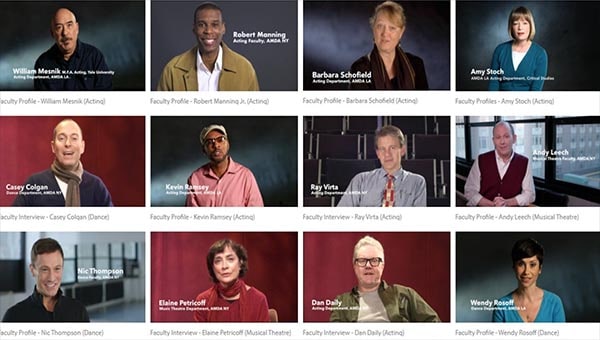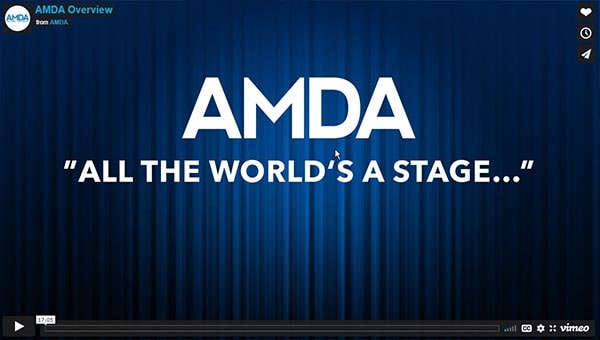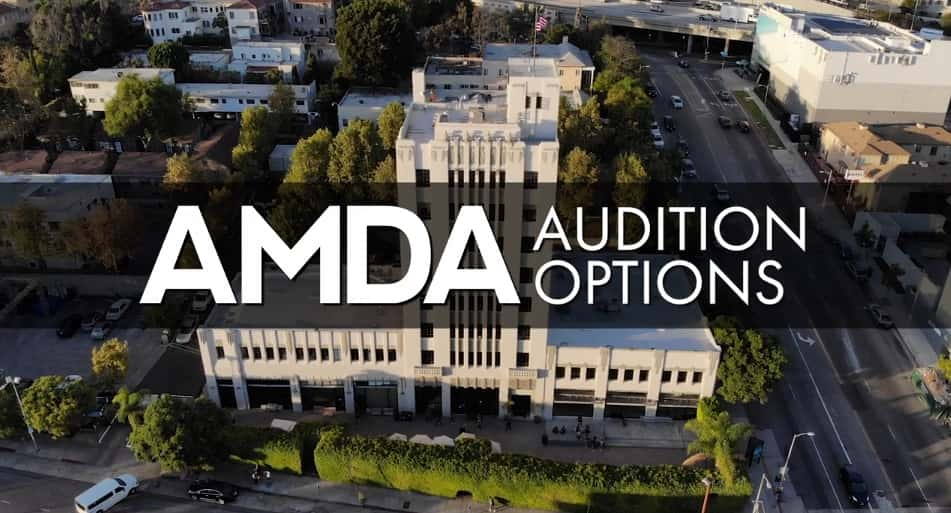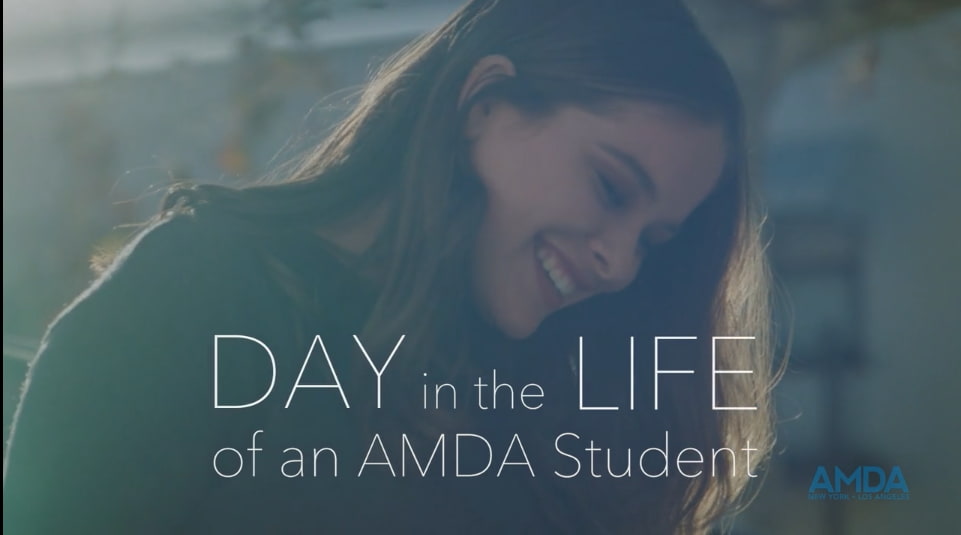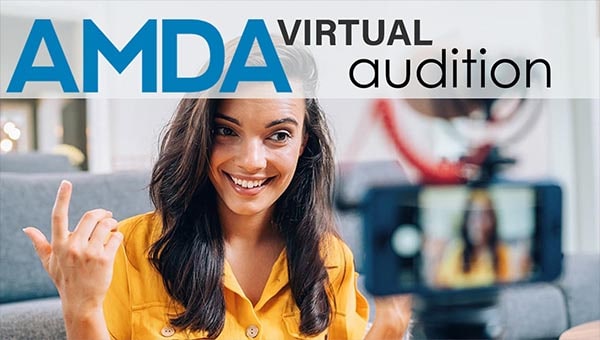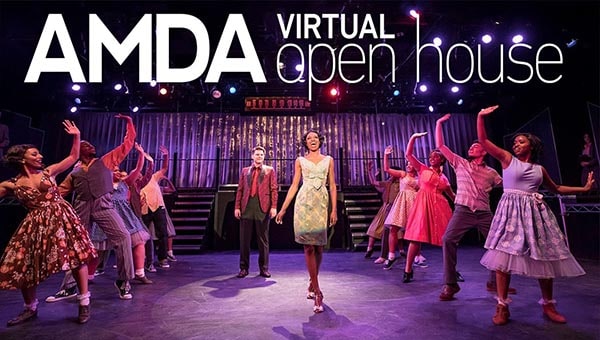Combine the NY Acting for Camera Certificate Program with the LA BFA in Film and Television Arts: Acting for Camera Program to create a unique bi-coastal Degree track.
-
- 4 Semesters on the New York Campus and 4 Semesters on the Los Angeles Campus
- Accelerated Option Allows for Degree Completion in 2.5 years
- Access to a Variety of Workshop and Performance Opportunities (NY/LA)
- Access to AMDA’s Mainstage Production Opportunities (LA)
- Culminates in an Original Capstone Portfolio
Apply
Now
Request
Info
Program Description +−
Student’s complete their degree path by taking their final four semesters in AMDA’s BFA in Film and Television Arts: Acting for Camera program. This portion of the program is held at the LA Campus and provides heightened explorations of acting for film, television, stage and new media, with many opportunities for production and performance experience. General Education courses provide for a broad range of topics, continuing to deepen an actor’s understanding of the world while refining the ability to reason and communicate. As preparation for transitioning from student to professional performing artist, final courses include Industry and Networking, Sample Performance Reels, Audition Preparation, Film Projects and a Capstone Production blending live stage and on-camera performances.
Note: By completing the NY Certificate Program, students earn 60 credits towards the 120 credits needed to
fulfill the Bachelor of Fine Arts Degree. Students on this track will seamlessly transition from the NY Campus
into the remaining four semesters at AMDA’s LA Campus to complete a BFA Degree.
Program Learning Outcomes +−
Students completing the Acting for Camera Certificate to BFA program should be able to:
-
- Create convincing, compelling characters performed with vocal, physical, and emotional specificity.
- Demonstrate the use of objectives, obstacles, actions, subtext, and text.
- Speak in a supported manner, free of tension and appropriate to the demands of theatre, television, and film.
- Stand and move utilizing an aligned spine, free of unintended physical tension and mannerisms.
- Apply historical insight and critical analysis to the performance of texts from a variety of periods, styles, and
genres.
- Demonstrate ability to positively and effectively apply acting adjustments as directed.
- Apply standard entertainment industry business practices regarding preparation, communication, and professionalism.
- Engage in a collaborative production process.








